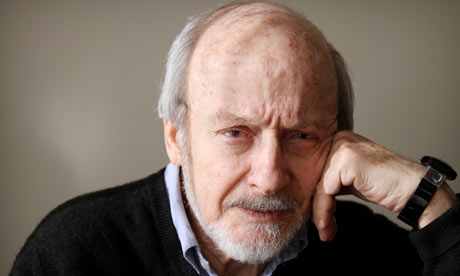"The road through the orange earth of north Georgia passed an old, three-story house with a thin black child hanging out of every window like an illustration for “The Old Woman Who Lived in a Shoe”; on into the hills and finally to Swamp Guinea’s, a conglomerate of plywood and two-by-fours laid over with the smell of damp pine woods.Inside, wherever an oddity of natural phenomenon could hang, one hung: stuffed rump of a deer, snowshoe, flintlock, hornet’s nest. The place looked as if a Boy Scout troop had decorated it. Thirty or so people, black and white, sat around tables almost foundering under piled platters of food. I took a seat by the reproduction of a seventeenth-century woodcut depicting some Rabelaisian banquet at the groaning board.
"The diners were mostly Oglethorpe County red-dirt farmers. In Georgia tones they talked about their husbandry in terms of rain and nitrogen and hope. An immense woman with a glossy picture of a hooked bass leaping the front of her shirt said, “I’m gonna be sick from how much I’ve ate.”
"...I was watching everyone else and didn't see the waitress standing quietly by. Her voice was deep and soft like water moving in a cavern. I ordered the $4.50 special. In a few minutes she wheeled up a cart and began off-loading dinner: ham and eggs, fried catfish, fried perch fingerlings, fried shrimp, chunks of barbecued beef, fried chicken, French fries, hush puppies, a broad bowl of cole slaw, another of lemon, a quart of ice tea, a quart of ice, and an entire loaf of factory-wrapped white bread. The table was covered."
-from Blue Highways , by William Least Heat Moon









.bmp)
